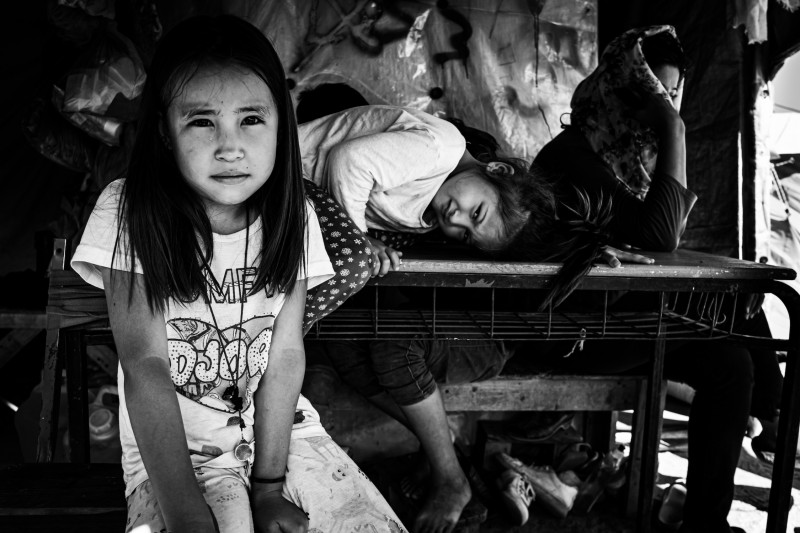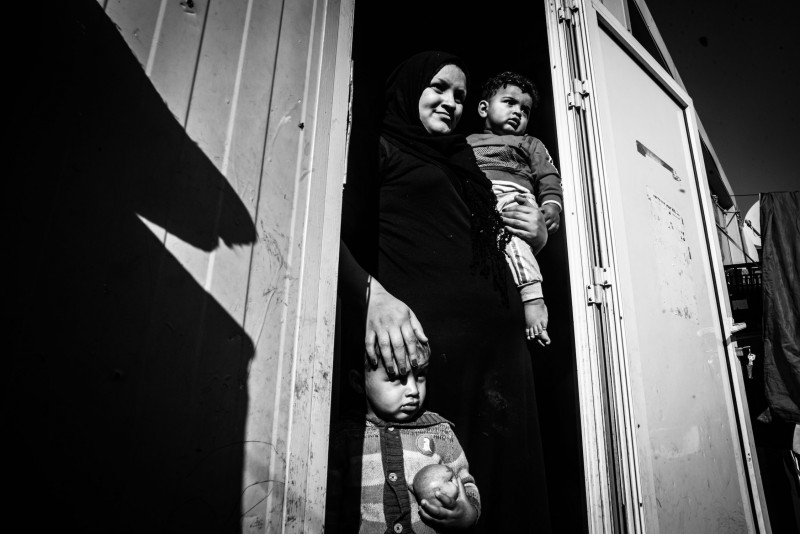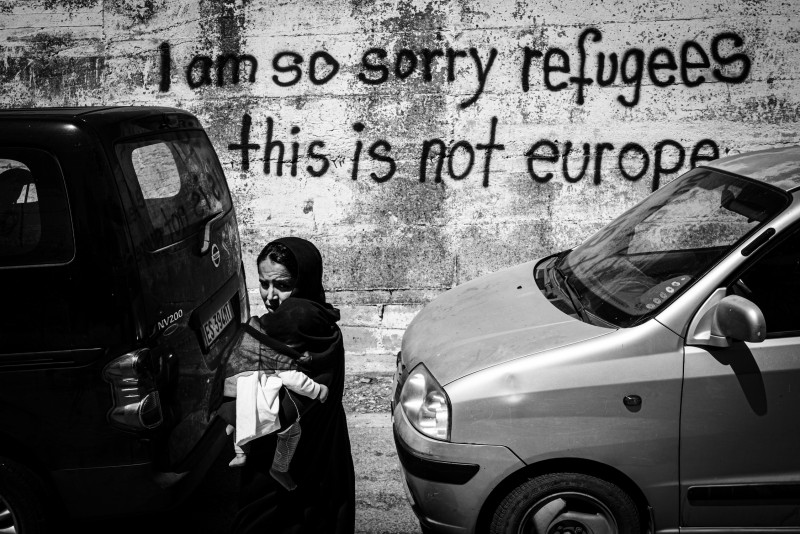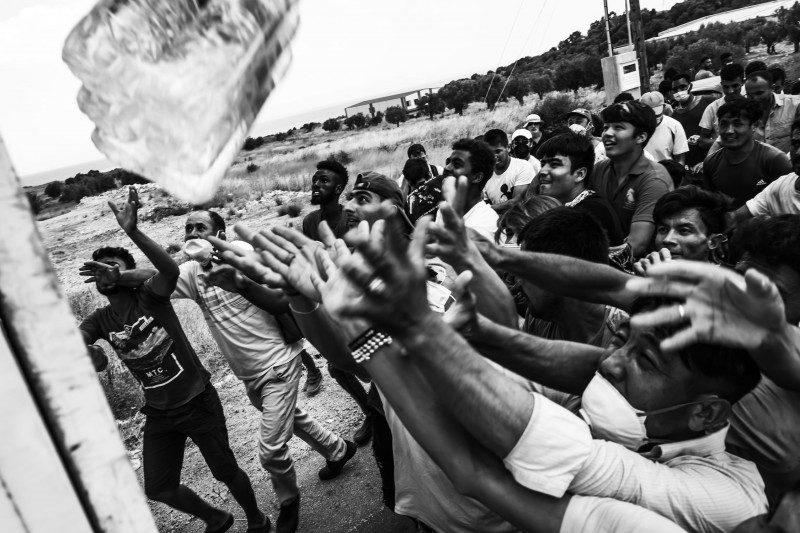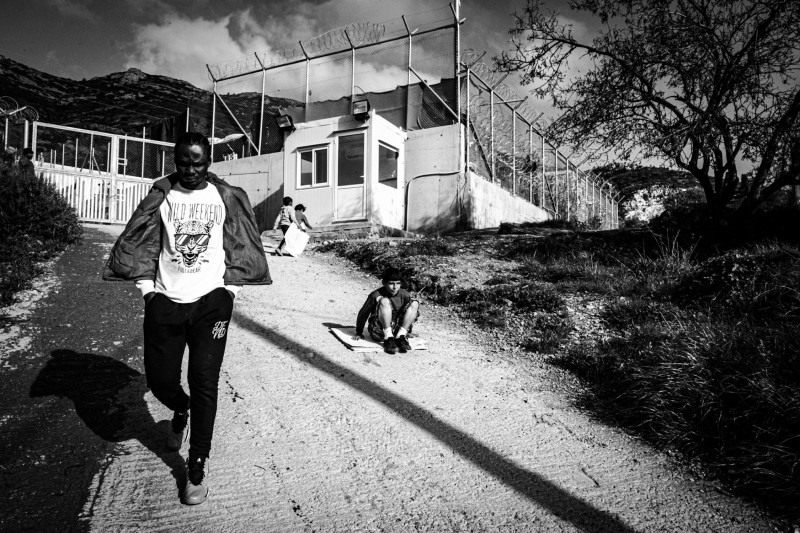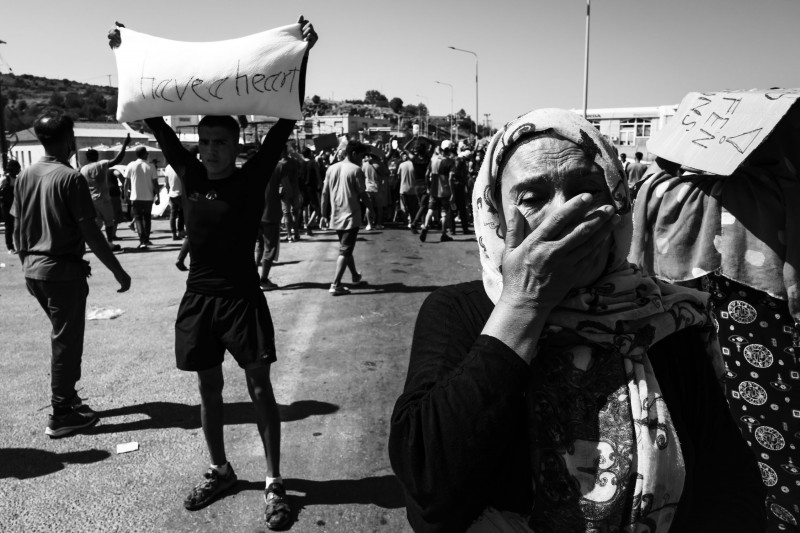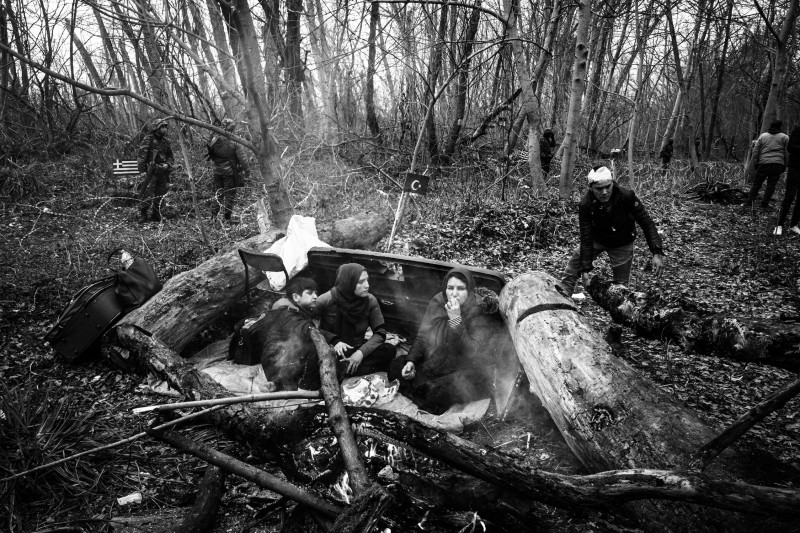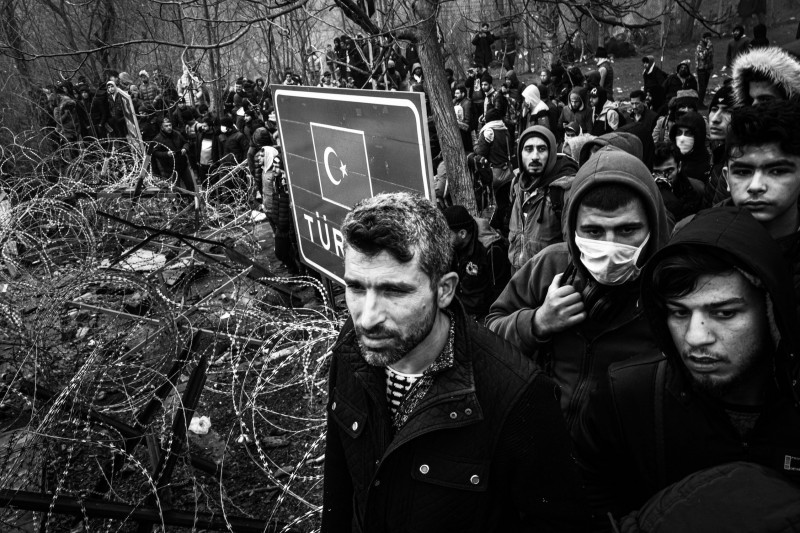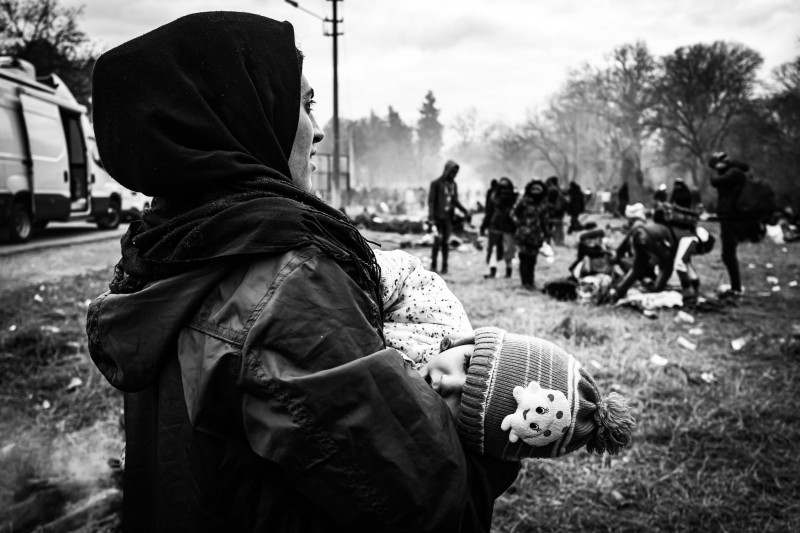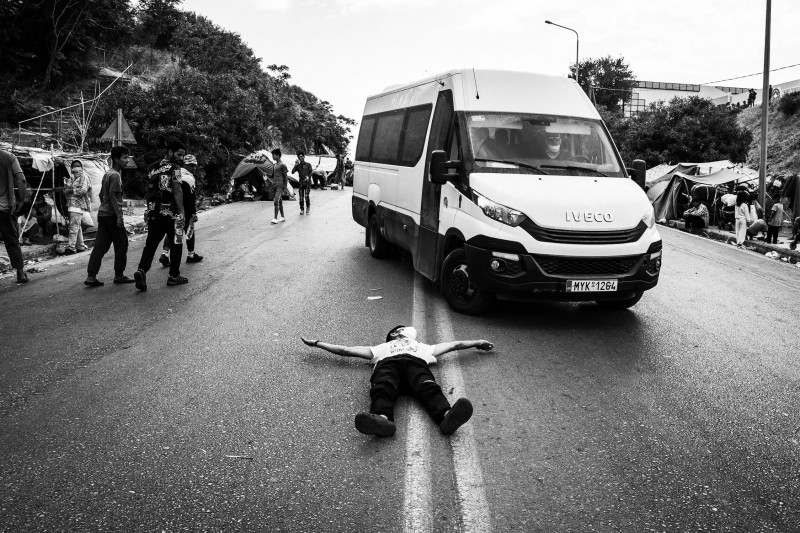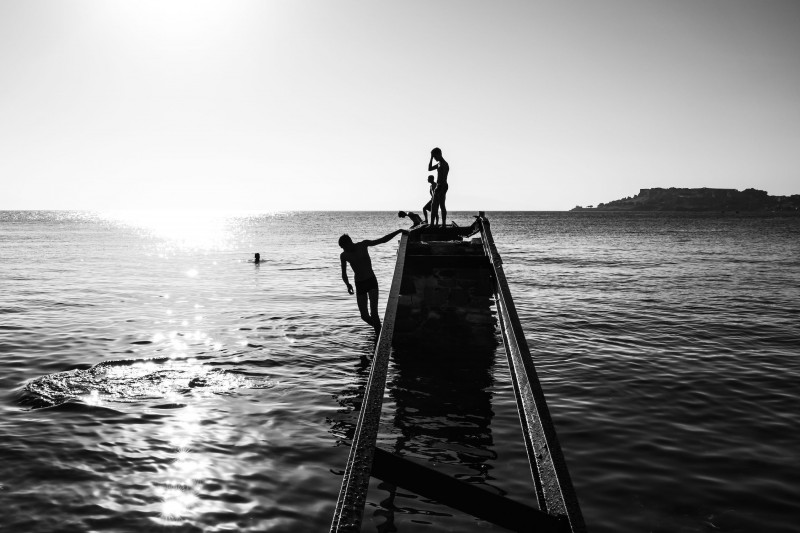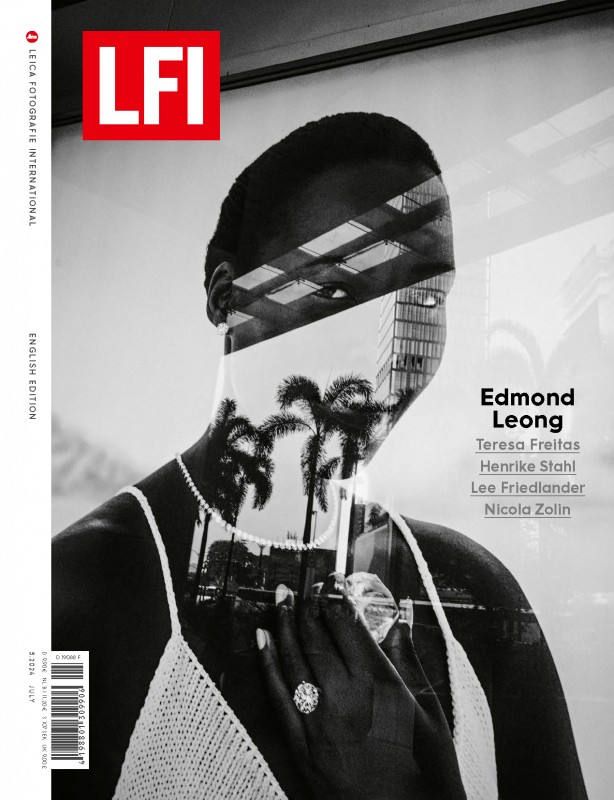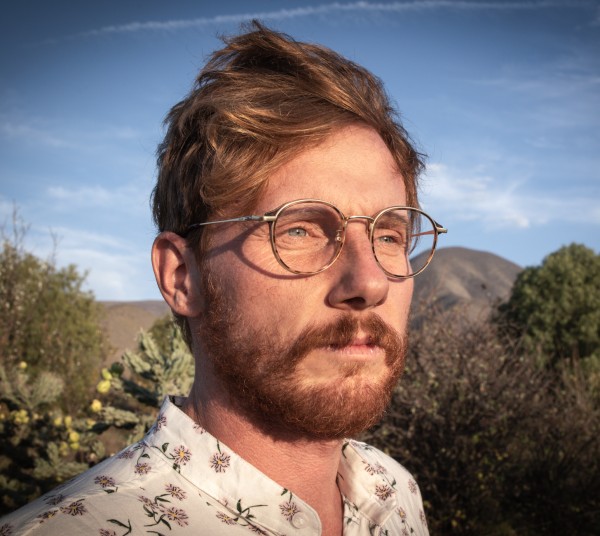Yunan
Yunan
Nicola Zolin
July 12, 2024
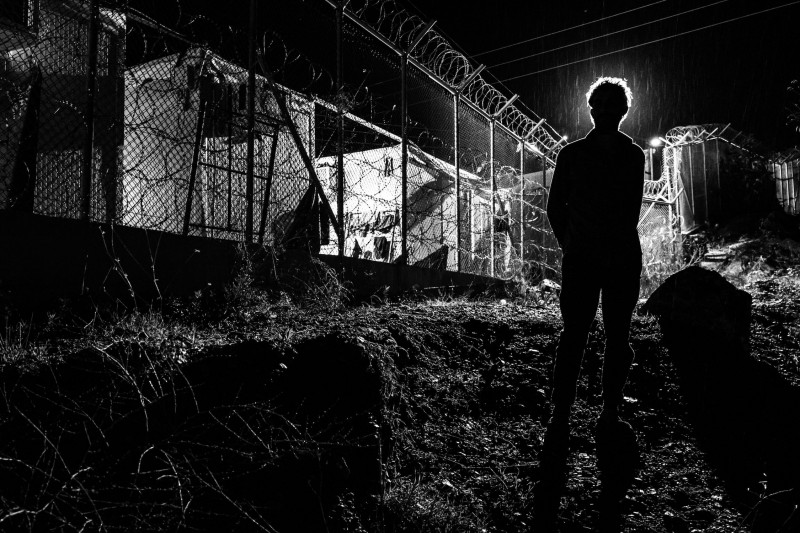
Nicola Zolin: In June 2015, I first began to travel through the islands where people from the Middle East were starting to flock, on a journey that they hoped would lead them to north-western European countries. I was witnessing the hope, the energy of these people, even the enthusiasm sometimes. They were coming from all over, but mainly from Syria, Afghanistan and Iraq. Nearly all of them wanted to leave behind the war in those countries. Despite the traumas that they suffered, they had this incredible energy to reach their desired destinations. They had dreams, they had hope. Activists and NGOs from all over Europe were supporting them with food, and any other kind of things possible. It felt like there was a solidarity. It was a sort of transformation of Greece into the centre of the solidarity in Europe.
But this situation seems to have turned around quickly…
It was in February 2016, some eight months later, when Afghan people out of blue were blocked at the border between Greece and north Macedonia. So at some point, just Syrian people and Iraqis could cross the borders; all the others were rejected. In the previous months already, all North African migrants or people coming from other countries were already being stopped; but Syrians, Iraqis and Afghans could still flow through. But on that day it all stopped for the Afghan people who had left everything in the hope of a new life. That was the beginning of what was about to come to Europe, a complete change of regulations towards migration, which would lead to the EU-Turkey deal, which was signed just a month later, in March 2016.
In your experience, how has the EU's migration policies influenced the lives of the people you've photographed?
The implementation of the deal between the EU and Turkey led to a decrease in hope and energy among asylum seekers, who were progressively taken to more controlled camps with very limited freedom. This resulted in increased mental health struggles and trauma for the individuals, and made it more challenging for those who lived and worked in the camps. It was also much more difficult for me to work there, but I believe that it was all the more important to report on the situation.
In what way did you want to report on this?
What was very interesting for me was the fact that, because of my travels, I knew some of these countries where the people came – I know how hospitable the people there are. I felt somehow responsible to tell their individual stories, to be by their side, because I was received with so much kindness in their country, and I questioned the idea that these people had to be turned away when they knocked on the door of Europe.
What equipment did you find most essential for capturing the atmosphere and emotions of the scenes depicted in Yunan?
I worked with different cameras, also because it was a five-to-six-year span photographing this issue – but I did much of the job with the Leica Q. I found it very fast, silent and nonintrusive. With this camera I can be close to situations and not give the feeling of being aggressive in any way.
What do you hope viewers take away from Yunan after experiencing your photographs?
The edit I did for the book intends to do more than tell a story. I wanted to transmit the feeling that I had after working on this for several years…it was very dark, because I saw the solidarity turning into a lack of hope and desperation and depression. I perceived these dark feelings in many of the people who also have been working on these stories. I think that’s why I want to leave the viewers with a sense of anger and sadness, emphasizing the bleak reality created by the European Union's approach to the situation. I want them to reflect on the whole situation.
Nicola Zolin: Yunan+-
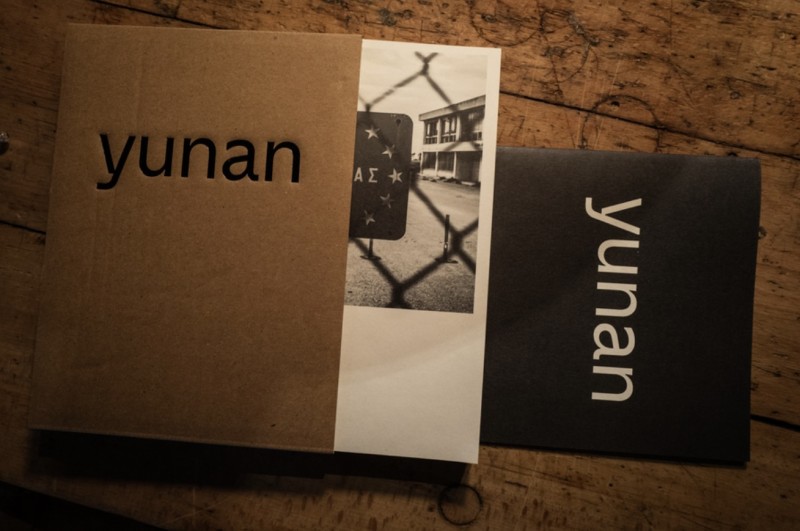
146 pages with black and white pictures and 26 pages of text.
English/Arabic – translation by Sara Halmi
Text edit: Alex King
Graphic design: Emiliano Cibin
Self-published with a ltd. edition of 300 copies
LFI 5.2024+-
You can find Nicola Zolin's reportage on the Warao people in Brazil in LFI Magazine 5.2024. More
Nicola Zolin+-
A photojournalist and author with a Bachelor’s in Mass Communication and a Master’s in International Relationships, Nicola Zolin deals with subjects such as youth, migration, environmental conflicts, and social and cultural changes around the world. He lives and works in many countries and wrote for eight years for De Volkskrant. His work has also been published in The New York Times, GEO and Le Monde. More

